Biomedicines, Free Full-Text
Por um escritor misterioso
Last updated 10 janeiro 2025

The composition, viability and metabolic functionality of intestinal microbiota play an important role in human health and disease. Studies on intestinal microbiota are often based on fecal samples, because these can be sampled in a non-invasive way, although procedures for sampling, processing and storage vary. This review presents factors to consider when developing an automated protocol for sampling, processing and storing fecal samples: donor inclusion criteria, urine–feces separation in smart toilets, homogenization, aliquoting, usage or type of buffer to dissolve and store fecal material, temperature and time for processing and storage and quality control. The lack of standardization and low-throughput of state-of-the-art fecal collection procedures promote a more automated protocol. Based on this review, an automated protocol is proposed. Fecal samples should be collected and immediately processed under anaerobic conditions at either room temperature (RT) for a maximum of 4 h or at 4 °C for no more than 24 h. Upon homogenization, preferably in the absence of added solvent to allow addition of a buffer of choice at a later stage, aliquots obtained should be stored at either −20 °C for up to a few months or −80 °C for a longer period—up to 2 years. Protocols for quality control should characterize microbial composition and viability as well as metabolic functionality.

An overview on nanoparticles used in biomedicine and their cytotoxicity - ScienceDirect

Randomized Trial of BCG Vaccine to Protect against Covid-19 in Health Care Workers
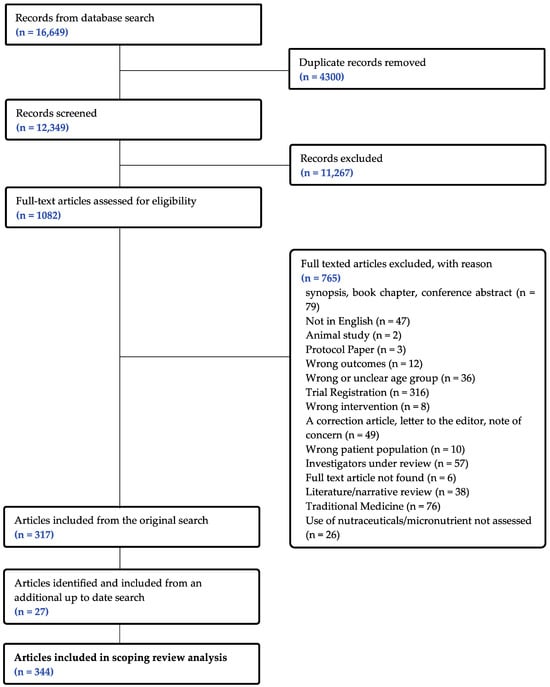
Biomedicines An Open Access Journal from MDPI
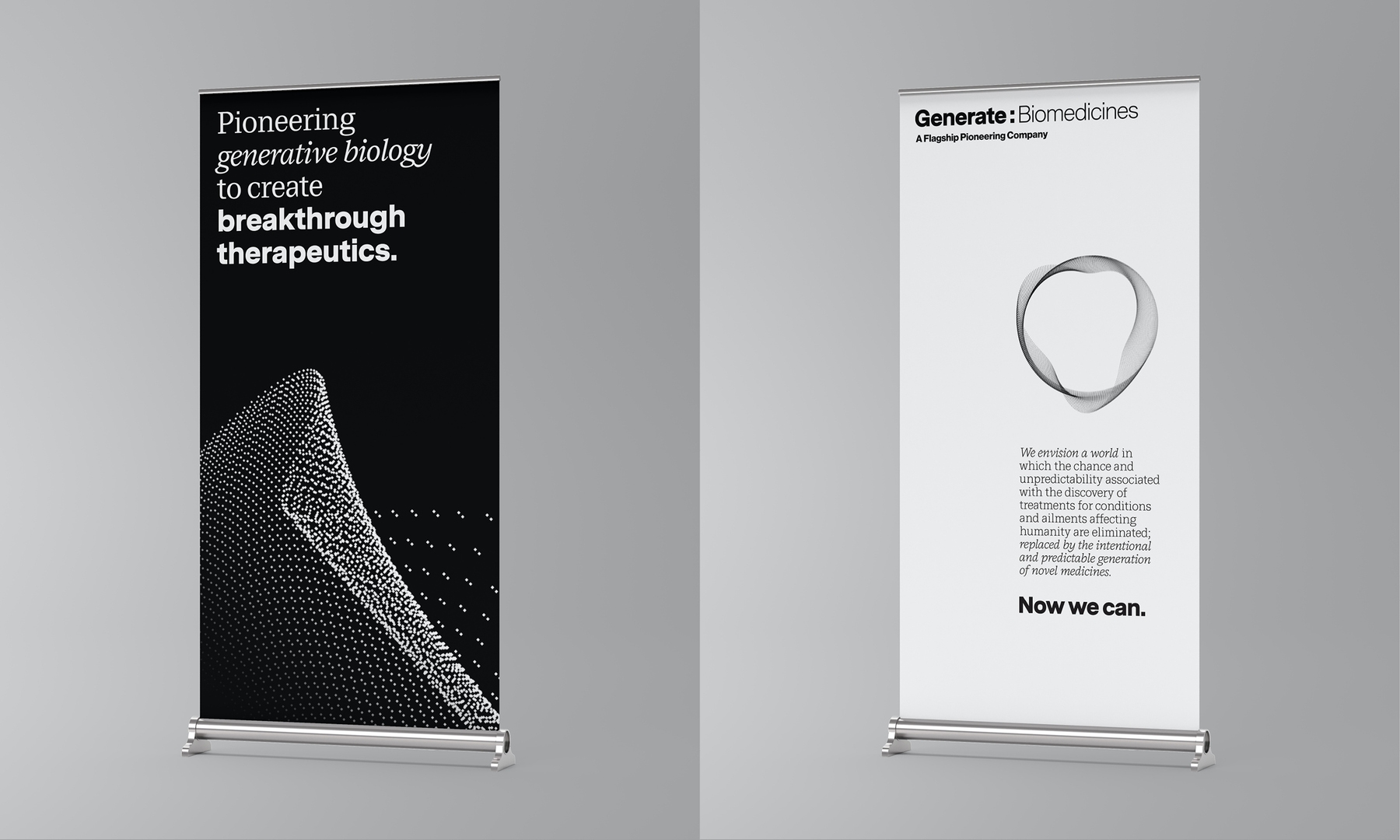
Generate: Biomedicines - Fonts In Use

Cellular and molecular biomarkers of long COVID: a scoping review - eBioMedicine

Full article: Molecular basis of the potential interaction of SARS-CoV-2 spike protein to CD147 in COVID-19 associated-lymphopenia
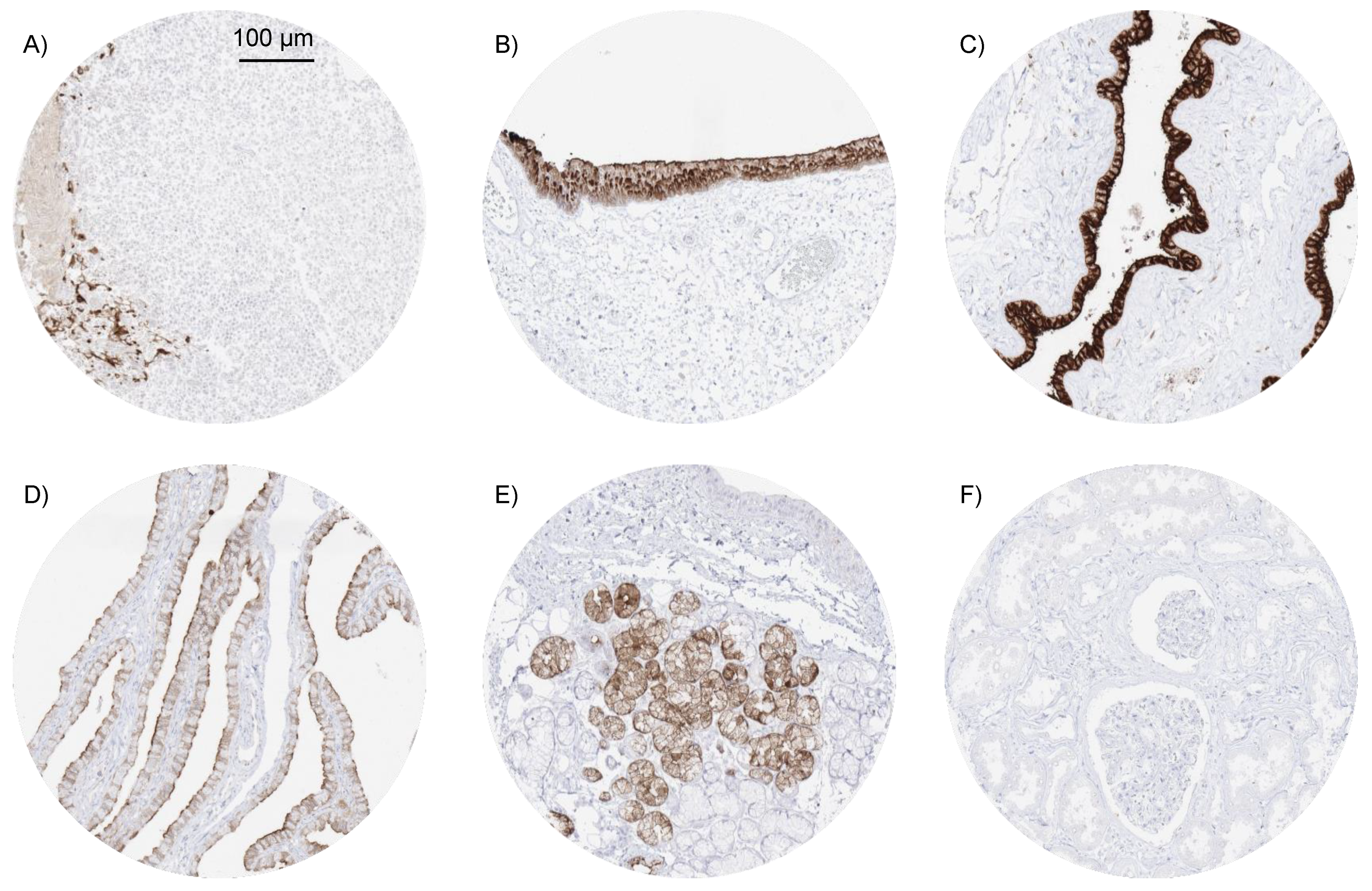
Biomedicines, Free Full-Text
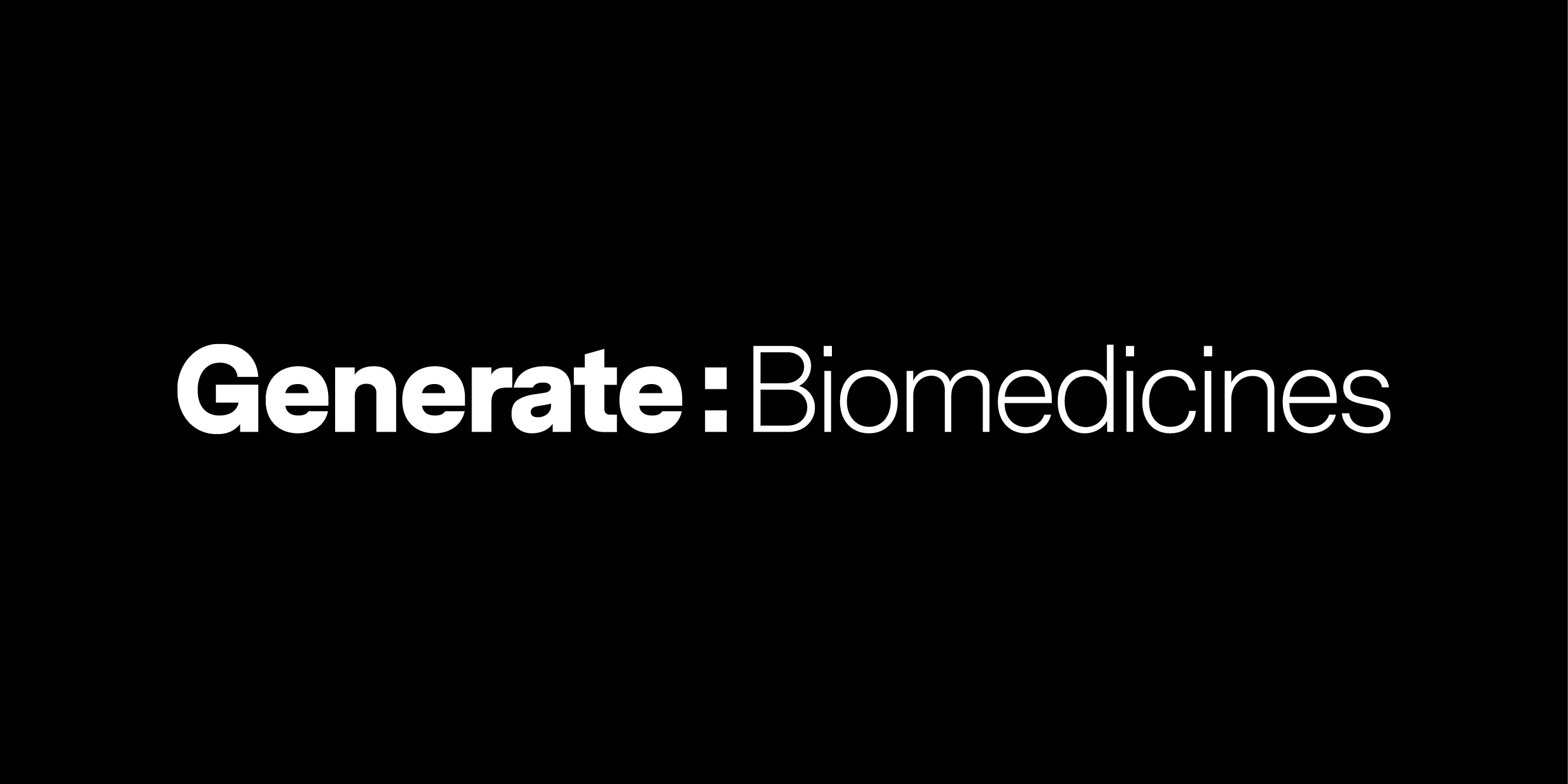
Generate: Biomedicines - Fonts In Use
Biomolecules and Biomedicine
Recomendado para você
-
 Lana Bastašić Still Believes in Beauty - Asymptote Blog10 janeiro 2025
Lana Bastašić Still Believes in Beauty - Asymptote Blog10 janeiro 2025 -
 planejar_BANNERSITE-VIDEOCAST-ETICA-09-1.jpg10 janeiro 2025
planejar_BANNERSITE-VIDEOCAST-ETICA-09-1.jpg10 janeiro 2025 -
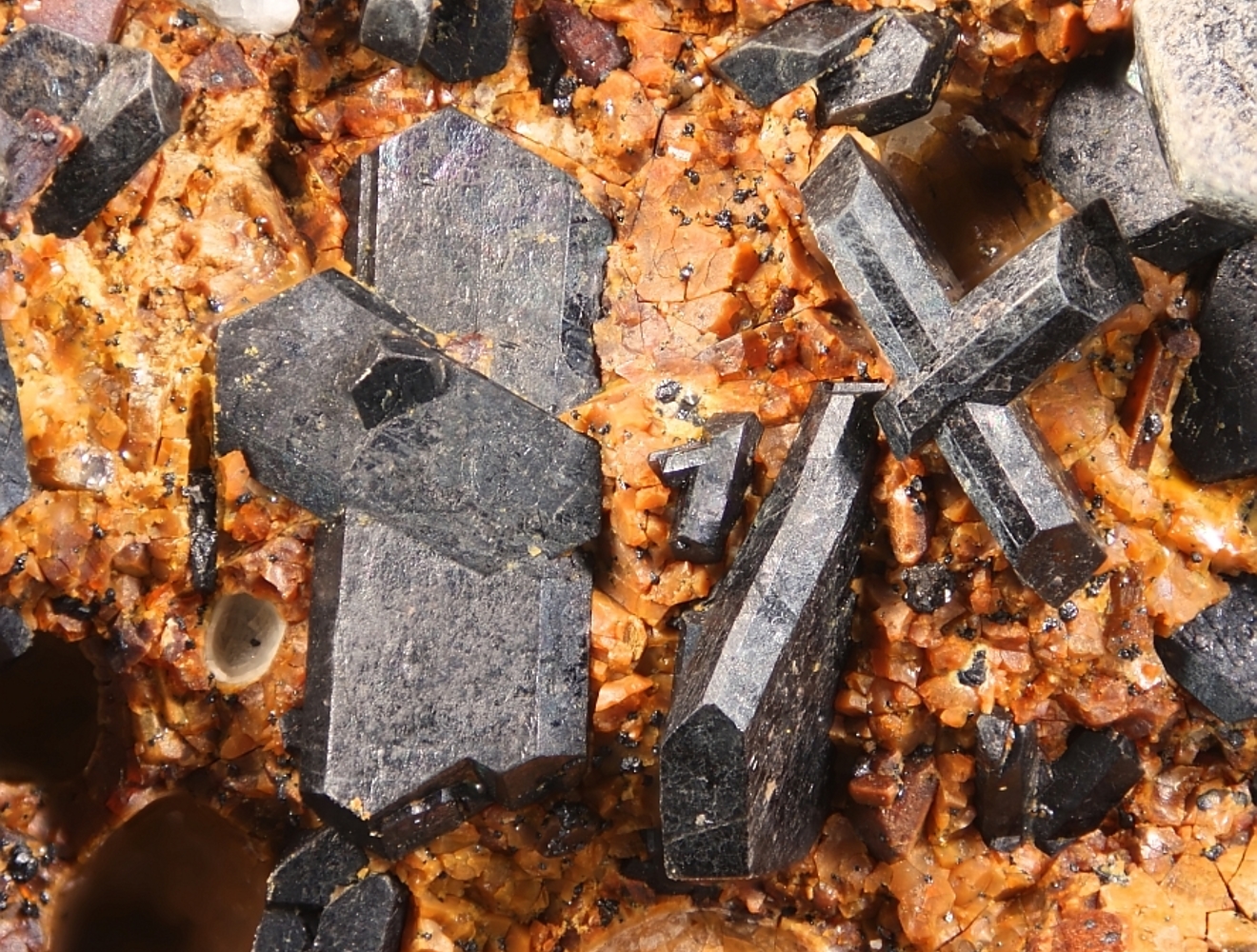 Augite: Mineral information, data and localities.10 janeiro 2025
Augite: Mineral information, data and localities.10 janeiro 2025 -
 Teixeira Coelho (1944-2022) - A Terra é Redonda10 janeiro 2025
Teixeira Coelho (1944-2022) - A Terra é Redonda10 janeiro 2025 -
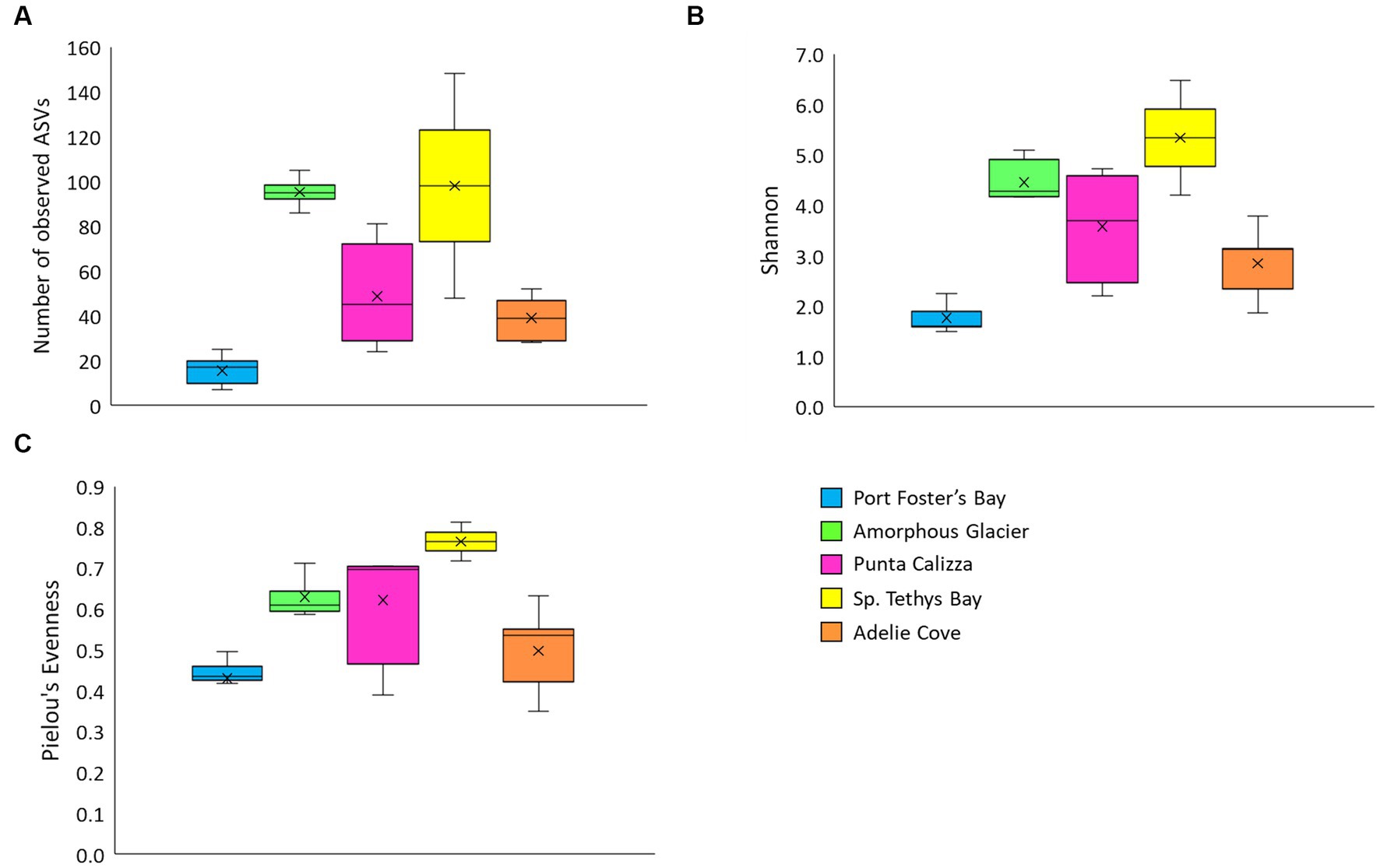 Frontiers Rhodobacteraceae dominate the core microbiome of the10 janeiro 2025
Frontiers Rhodobacteraceae dominate the core microbiome of the10 janeiro 2025 -
 Venezuela Archives - The Dialogue10 janeiro 2025
Venezuela Archives - The Dialogue10 janeiro 2025 -
OralSystem Guarulhos - São João - 🧡 QUINZENA DO IMPLANTE É NA10 janeiro 2025
-
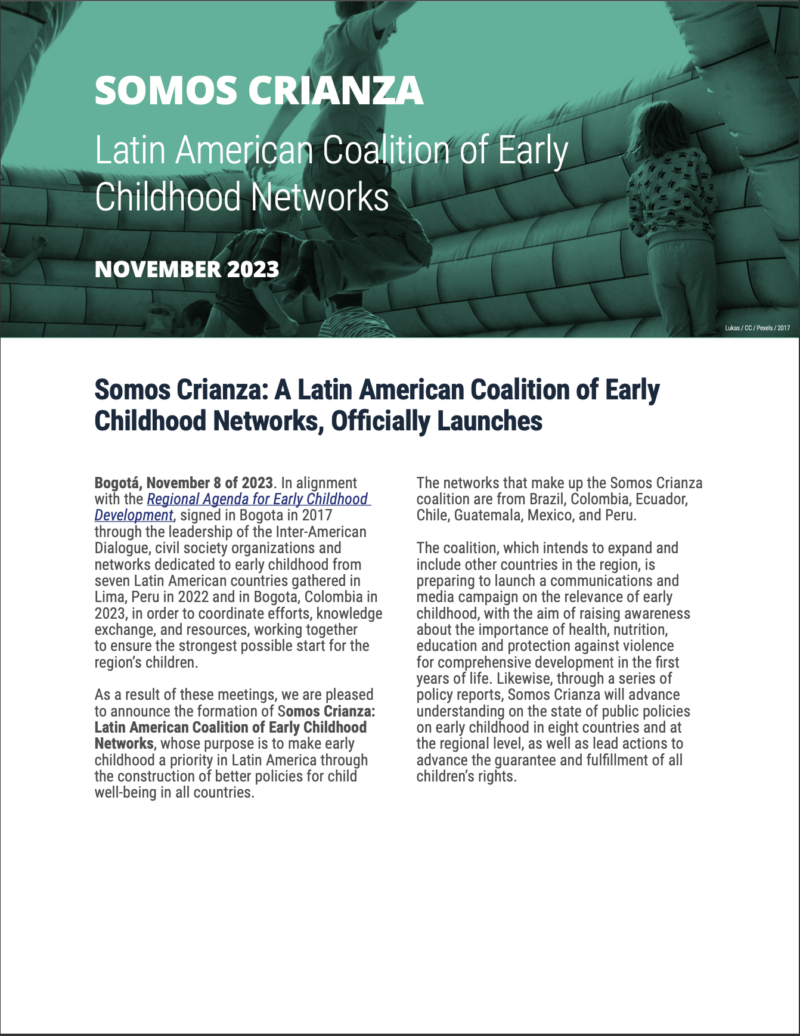 Education Archives - The Dialogue10 janeiro 2025
Education Archives - The Dialogue10 janeiro 2025 -
 Role of Thermal Process on the Physicochemical and Rheological10 janeiro 2025
Role of Thermal Process on the Physicochemical and Rheological10 janeiro 2025 -
 CBN - A rádio que toca notícia - Capacitação de jovens e pessoas10 janeiro 2025
CBN - A rádio que toca notícia - Capacitação de jovens e pessoas10 janeiro 2025
você pode gostar
-
A lei dos 9 clã. #movieclips #viral #netflix #ninja #ninjaassassin #tr10 janeiro 2025
-
Pokémon - Bisharp10 janeiro 2025
-
Cloud Gaming Pass-pc games APK (Android App) - Free Download10 janeiro 2025
-
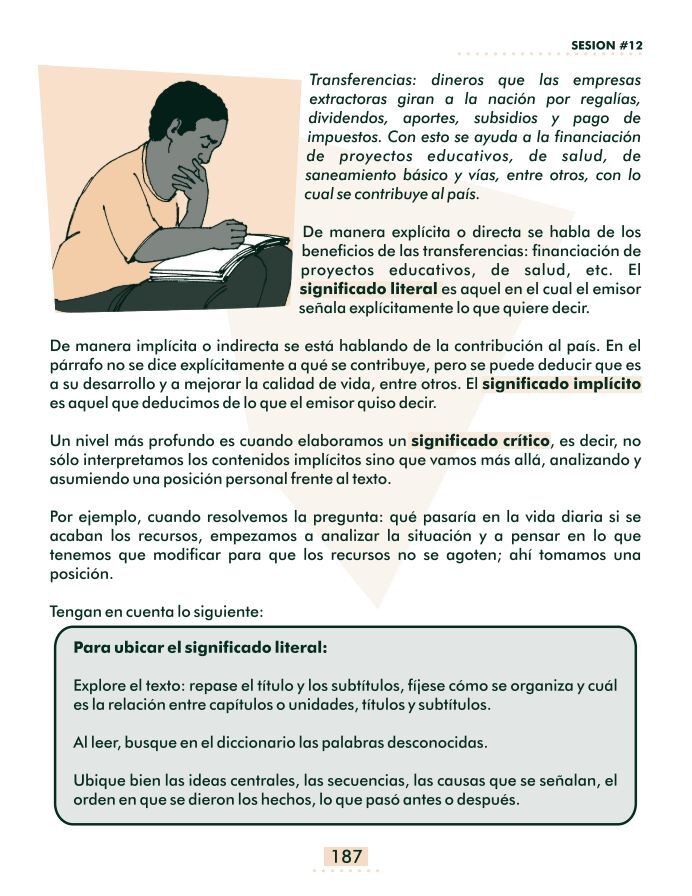 SESION #12 Respuesta: cad10 janeiro 2025
SESION #12 Respuesta: cad10 janeiro 2025 -
 cats angry Memes & GIFs - Imgflip10 janeiro 2025
cats angry Memes & GIFs - Imgflip10 janeiro 2025 -
codigos de dorama da netflix|Pesquisa do TikTok10 janeiro 2025
-
 Roblox Poppy Playtime - 12.5cm Action Figure - Mommy Long Legs10 janeiro 2025
Roblox Poppy Playtime - 12.5cm Action Figure - Mommy Long Legs10 janeiro 2025 -
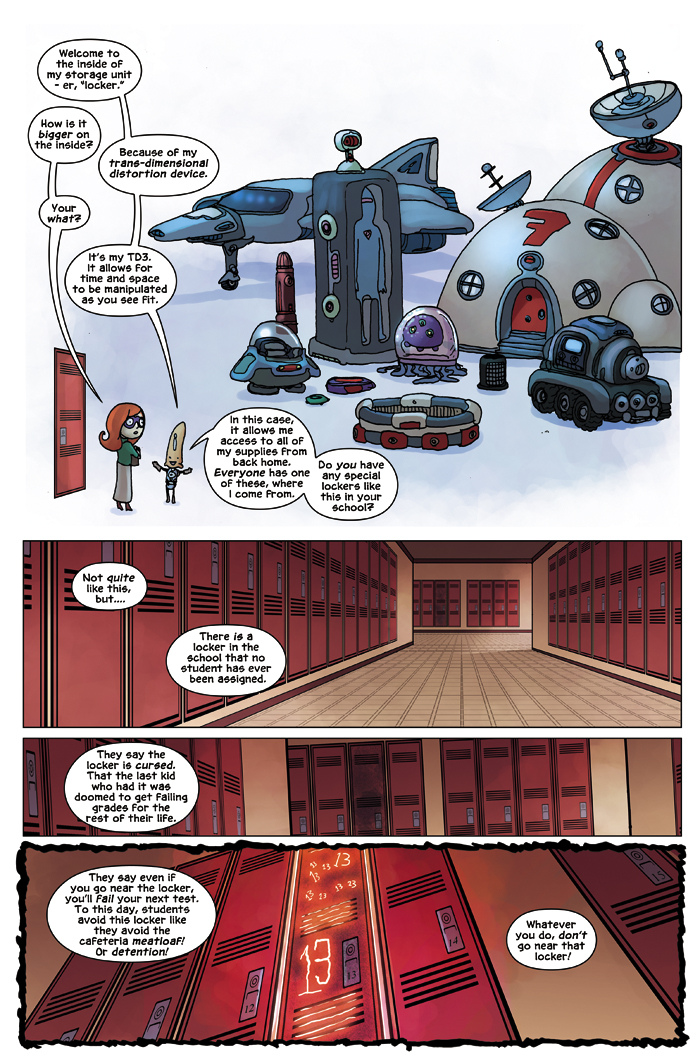 New in School Chapter 1 Page 8 – Albert The Alien10 janeiro 2025
New in School Chapter 1 Page 8 – Albert The Alien10 janeiro 2025 -
 Americana - São Paulo10 janeiro 2025
Americana - São Paulo10 janeiro 2025 -
Mashle: Magic and Muscles, Vol. 3 - by Hajime Komoto (Paperback)10 janeiro 2025



